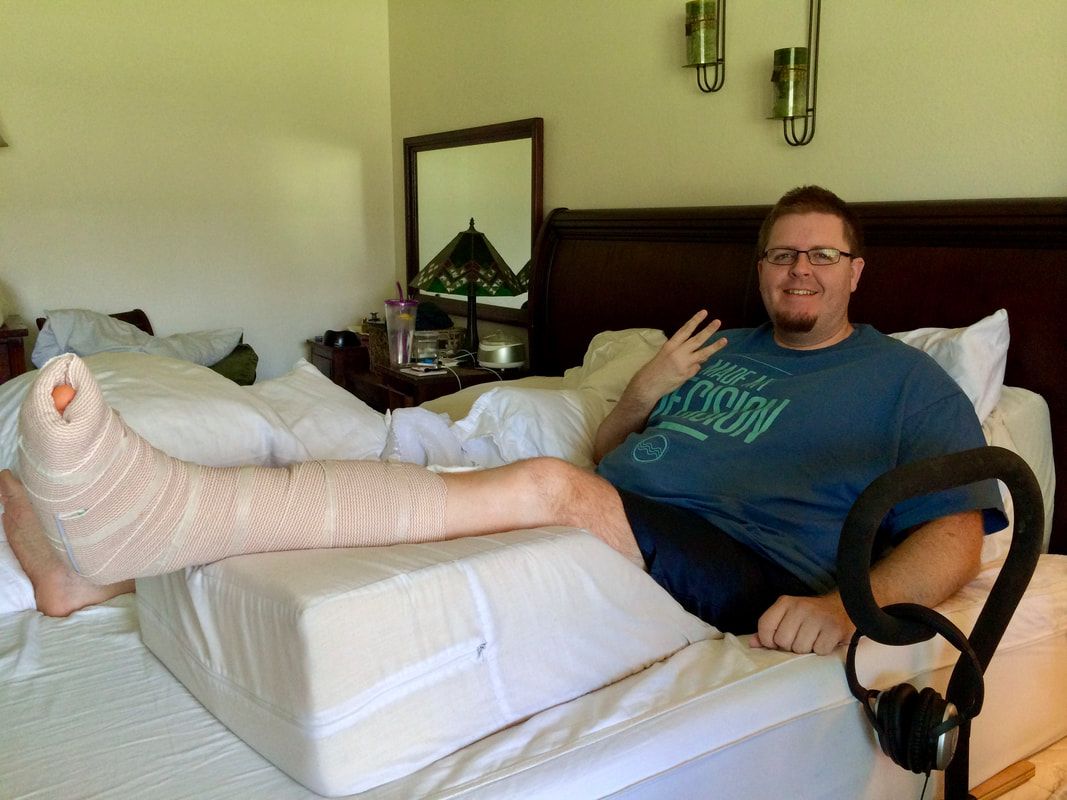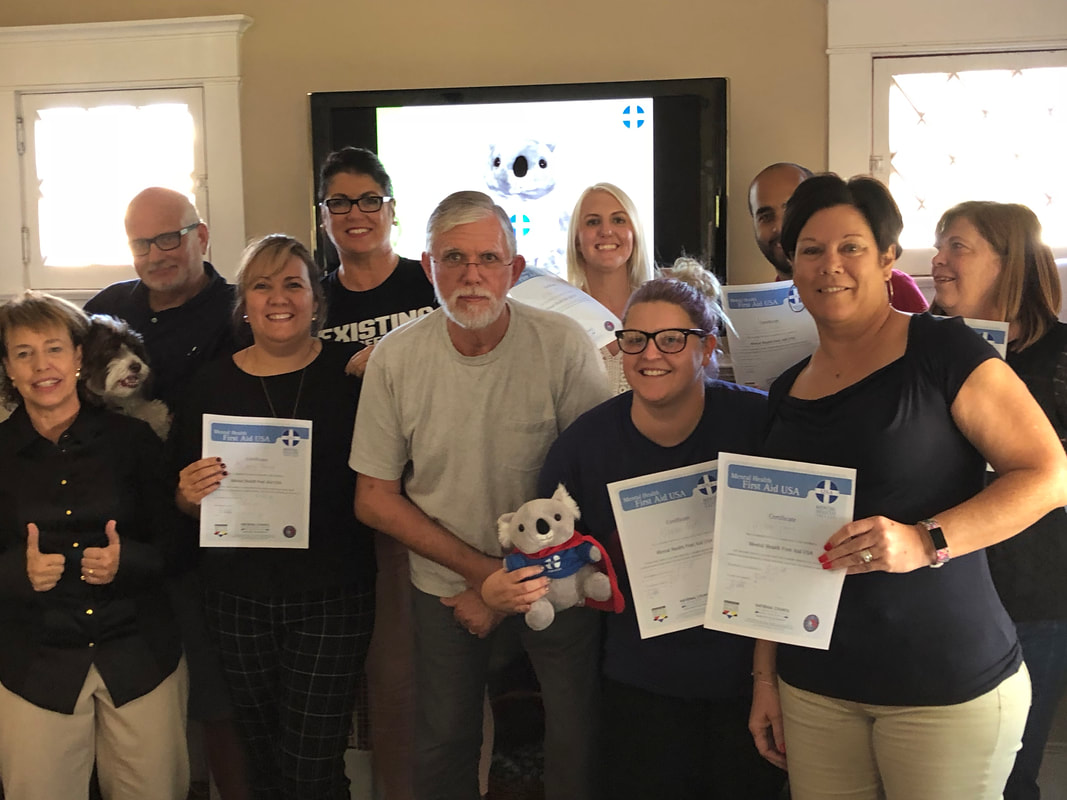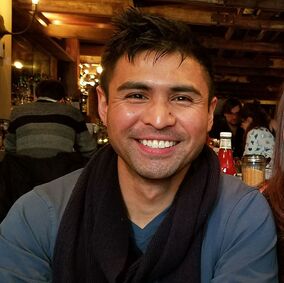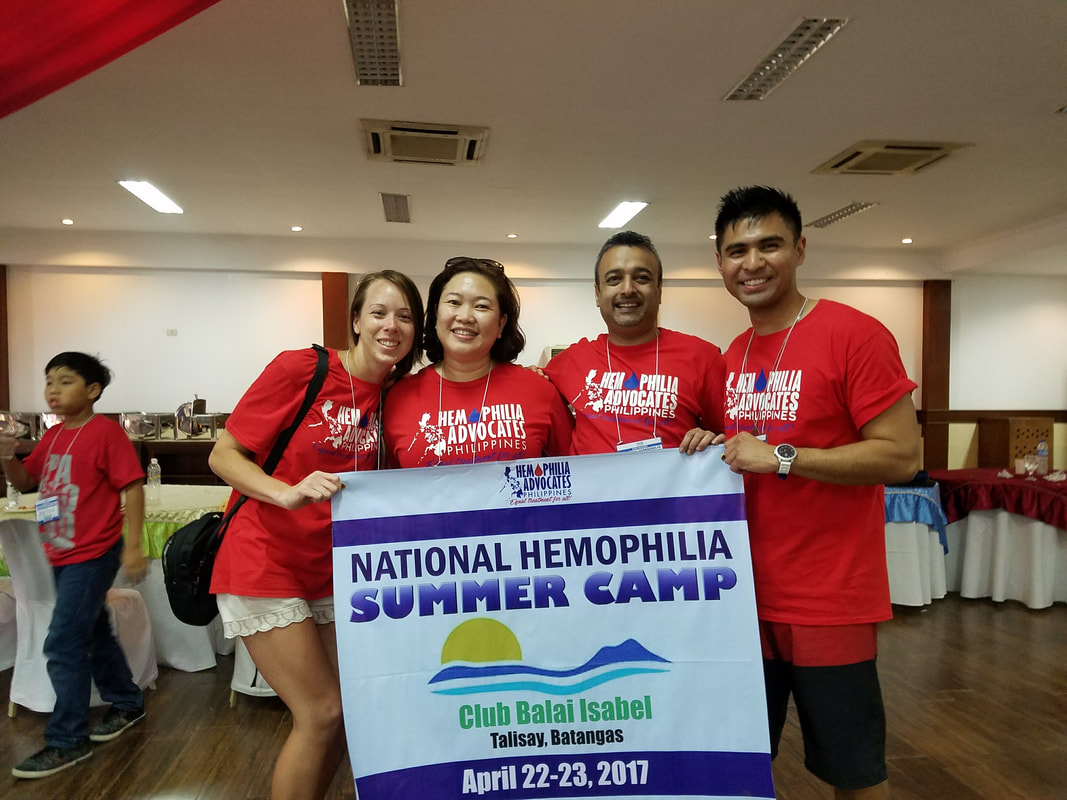|
Here are 5 things I've learned from living through a crisis...
As we all learn how to respond to the COVID-19 crisis, it has made me reflect on previous lessons I've learned from going through past crises. You might decide to unfriend me or, at the very least, not stand next to me during a lightning storm after you hear this, but here goes. I have gone through more than my fair share of crisis in my lifetime. From living through hurricane Katrina in New Orleans, getting married during 911 travel restrictions, starting a career in financial planning after the 2001 market crash, working as a stockbroker during the great recession of 2008, having ten significant surgeries as a person with a bleeding disorder, losing a child, extreme financial hardships, the threat of HIV, Hepatitis B & C, and so much more. After all of these events, I can say I have learned a lot, but there are a few things that stick out that I believe might be helpful to us all while we face this new crisis of a worldwide pandemic. Here are 5 things that I have learned that have helped me when trying to survive a crisis. 1 - Evaluate - Assess the circumstances, take a breath, and organize your priorities 2 - Educate - Remember the resources you DO have, embrace your losses, look for new opportunities 3 - Articulate - Communication is critical, staying positive is essential and defining next steps is vital 4 - Take action - Move forward, pivot away from things that don't work quickly, and set short goals 5 - Rest - Take care of you (Continue reading by clicking "Read More") Today, Debbie de la Riva is a champion in the hemophilia community. Her experience in social work and community advocacy in the bleeding disorder community is echoing across the nation. However, 20 years ago she had never heard of the disease. She discovered she was a carrier when her son was born in 1994. Since then she has spent her career passionately advocating for the hemophilia community.
Debbie and her husband Jorge made it a priority to attend the memorial session at each annual meeting in order to learn more about all the history and tragedy that occurred in the community in the past generation. While she and her family have become incredibly involved, It wasn’t until the tragic death of their friend and the hemophilia communities beloved Barry Haarde that Debbie recognized the austerity of depression among people living with hemophilia. “If this can happen to this superhero prototype, what else is going on in our community?” Debbie described her revelation of how common depression in the hemophilia community is, and it motivated her to learn more. She was enlightened to learn that depression in the bleeding disorder community was a bigger problem than what was currently being discussed and wanted to do something about it. Marc Pangilinan is a man of many firsts. He is a first generation (native-born) citizen in his family. He is also the first person to be diagnosed with hemophilia.
Marc’s parents are originally from the Philippines, where the culture tends to be very private. Because of this, Marc did not participate in the hemophilia community growing up. He visited his HTC (Hemophilia Treatment Center) when it was necessary, but he knew no one else with hemophilia until he was 26 years old. Marc was born in 1987, during a time when hemophilia wasn’t very well understood and parents were afraid to let their children play with anyone that had hemophilia. Marc felt very alone. Because Marc was born in the 80’s, he was among some of the first to receive factor as the primary method of treatment. Besides being considered experimental, there was a shortage of it and it was very expensive to obtain. This meant that Marc did not get factor like he should have, which lead to his ankle becoming a major target joint. Luckily, Marc’s mother was a nurse and helped Marc stay on track when it came to infusions. Marc likes to say he was “sheltered not babied.” His mom instilled in him the belief that this was the life he was given so he needed to live it to the best of his ability. This helped Marc become independent and okay with being alone while having hemophilia. Lisa and Jeff’s story began 11 years ago, when they got married. Jeff is an E7, Sergeant first class in the United States Army. He has proudly served our country for 18 years. That in itself is just amazing. But this isn’t all their family has to brag about. They have overcome many things that families today don’t ever have to think about.
In 2011, Lisa gave birth to their first child. A baby boy. To most this is one of the happiest times of their lives, but things were a little different for the Story's. When Jaxon was born, Jeff was deployed in the middle east. Although Lisa was lucky to have family there during her delivery, it still didn’t feel “right”. She didn’t want to go through this experience without Jeff, but as a military spouse, unfortunately, being alone happens more often than we would like. Her first night alone with her new baby was one of the hardest nights of her life. In the middle of the night, she lived a real life nightmare. Doctors rushed her baby away, after having complications from his circumscision. Luckily, the hospital she delivered at had a great HTC and Jaxon got a proper diagnosis immediately. He was diagnosed with severe hemophilia type A, and given a factor infusion to resolve the bleeding issues. This is when things got rough; things got real. |
Hope Charities
|
Live Chat Support
×
Connecting

You:
::content::
::agent_name::
::content::
::content::
::content::





 RSS Feed
RSS Feed